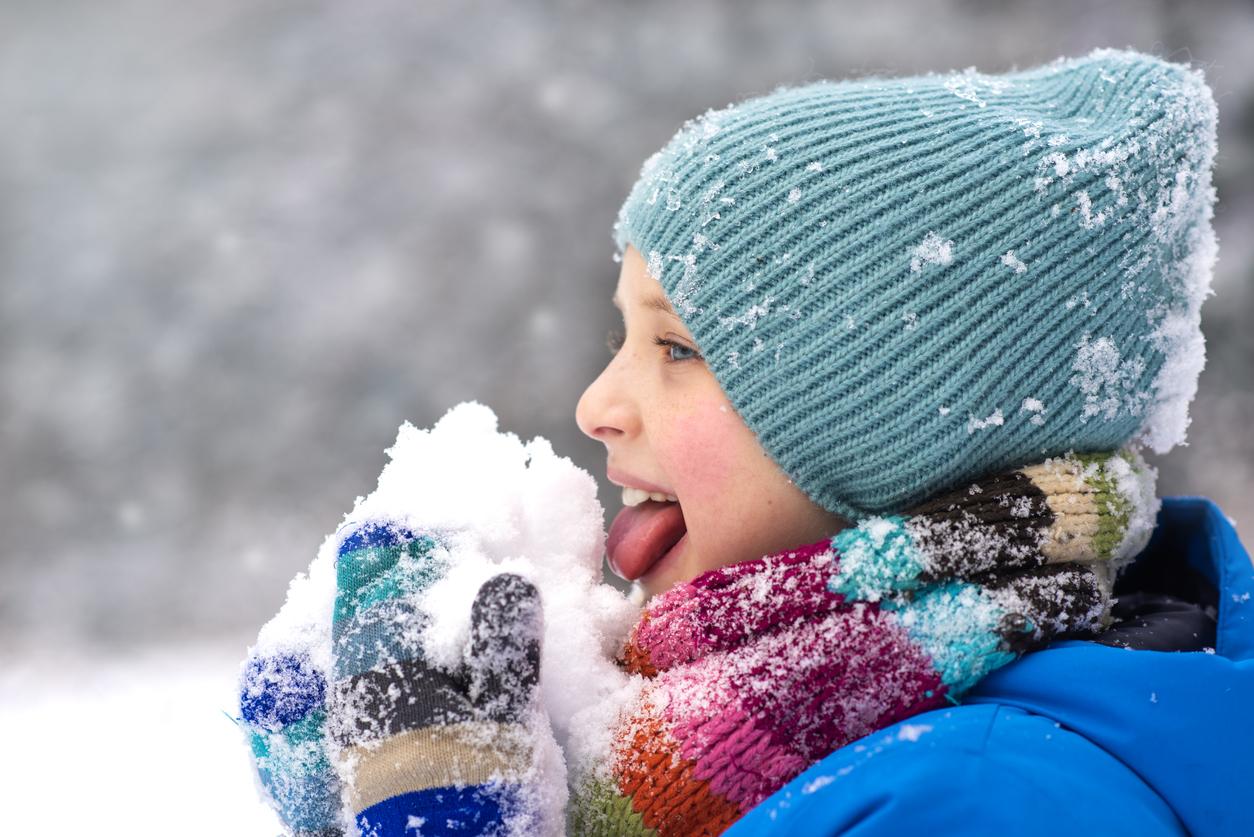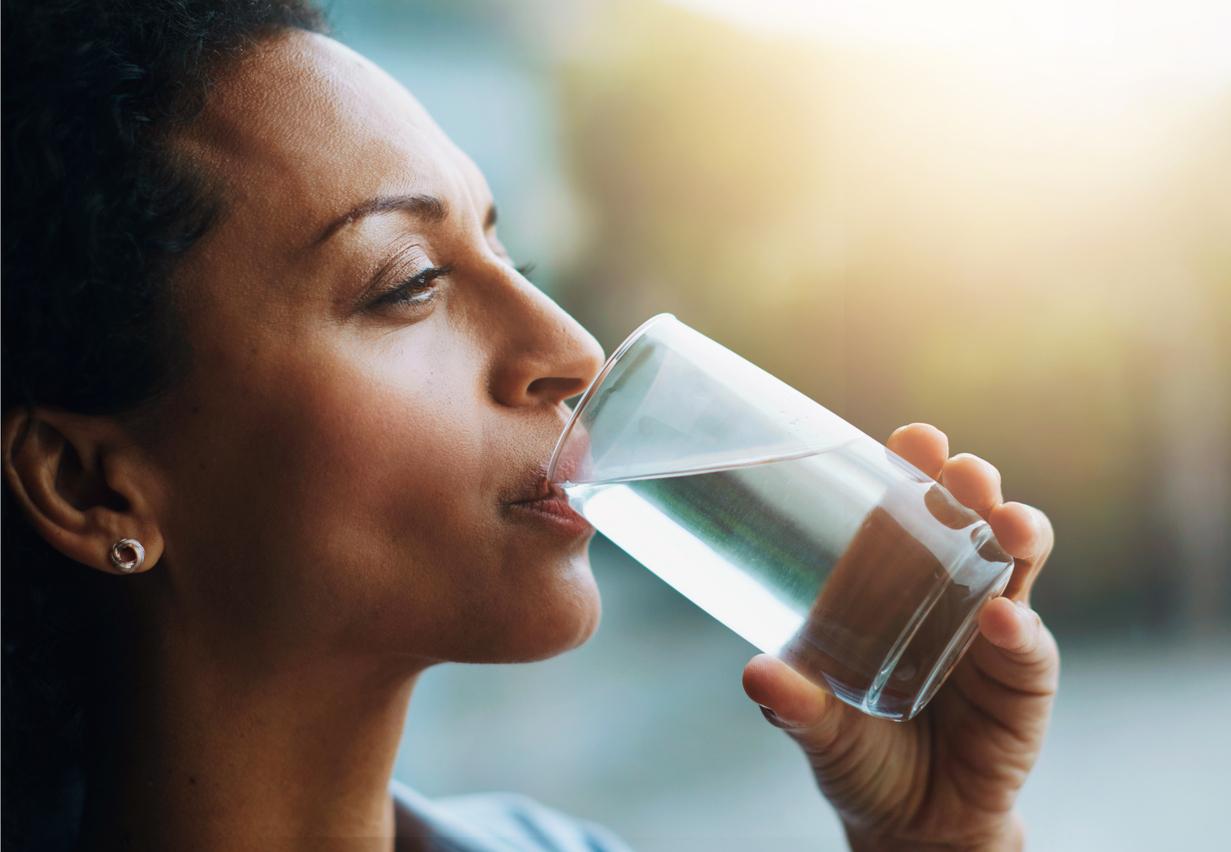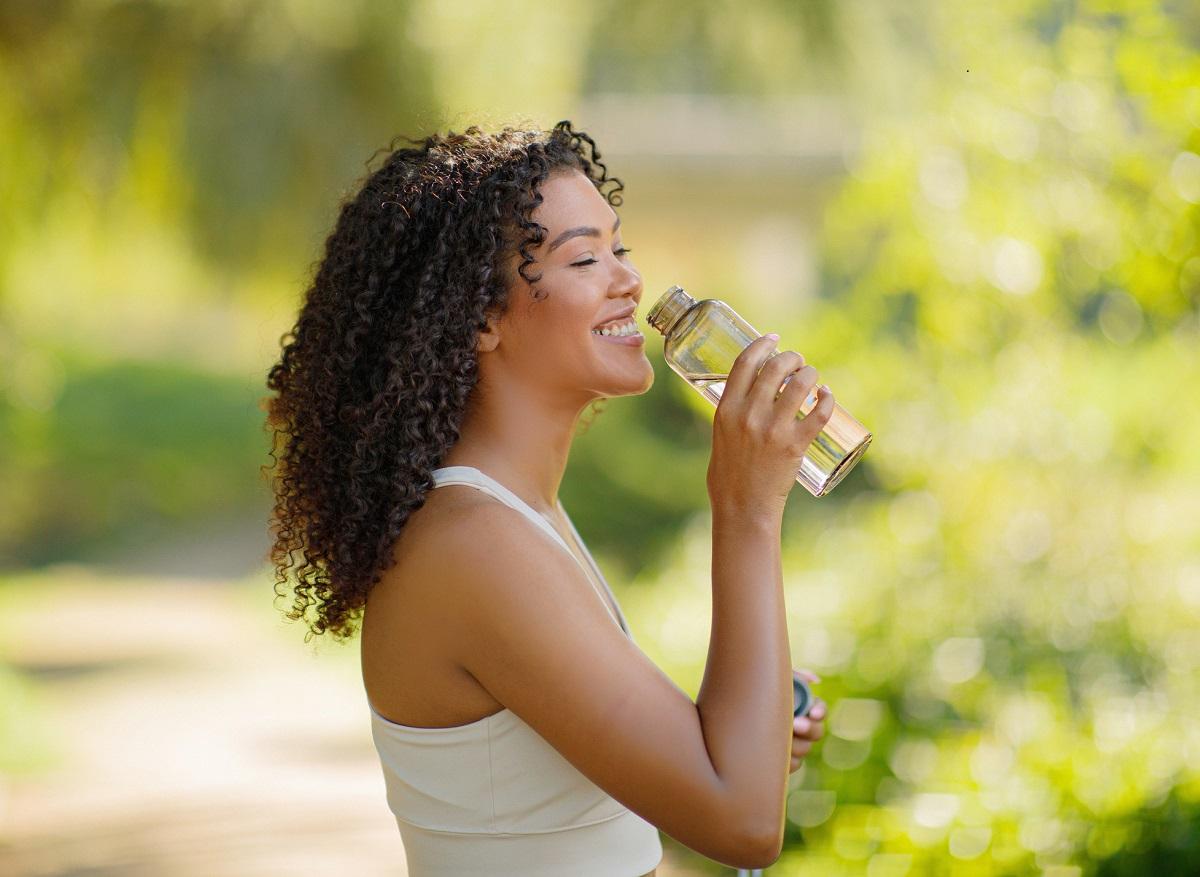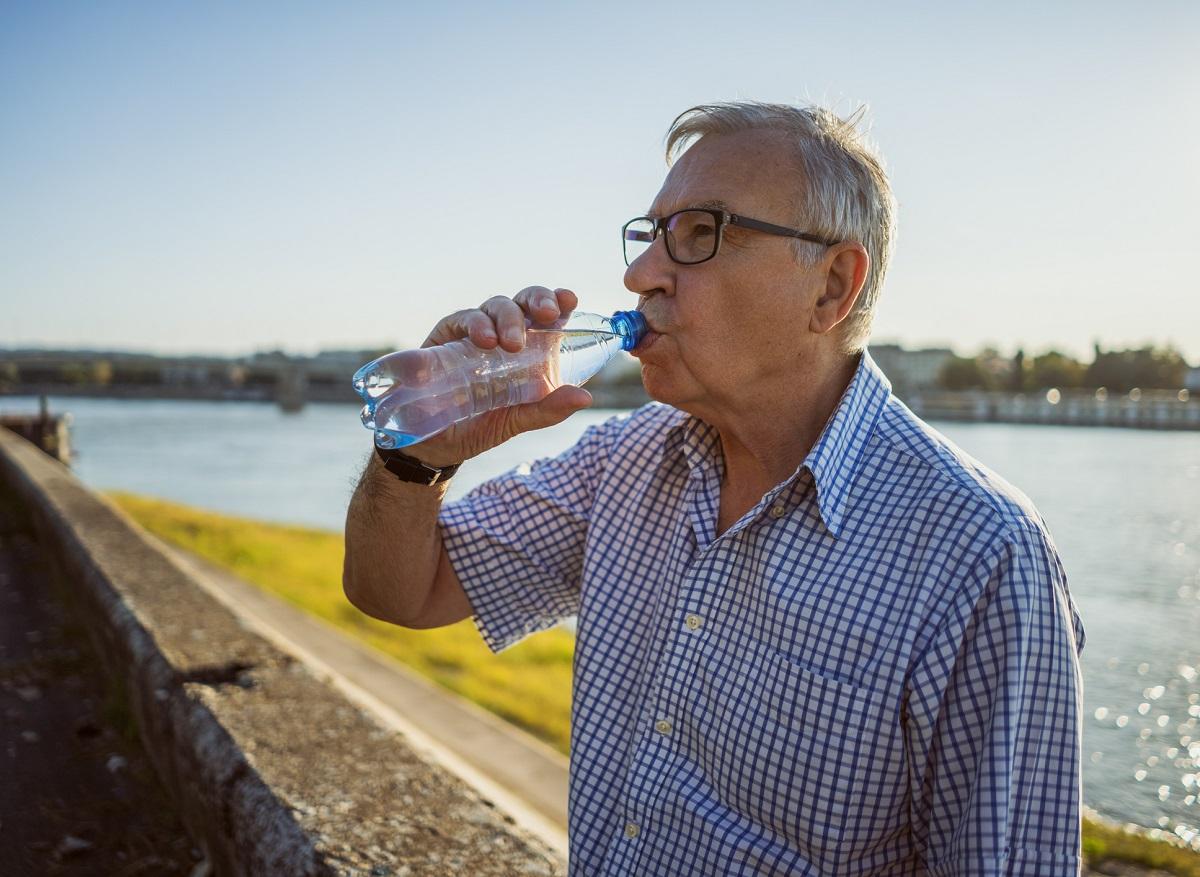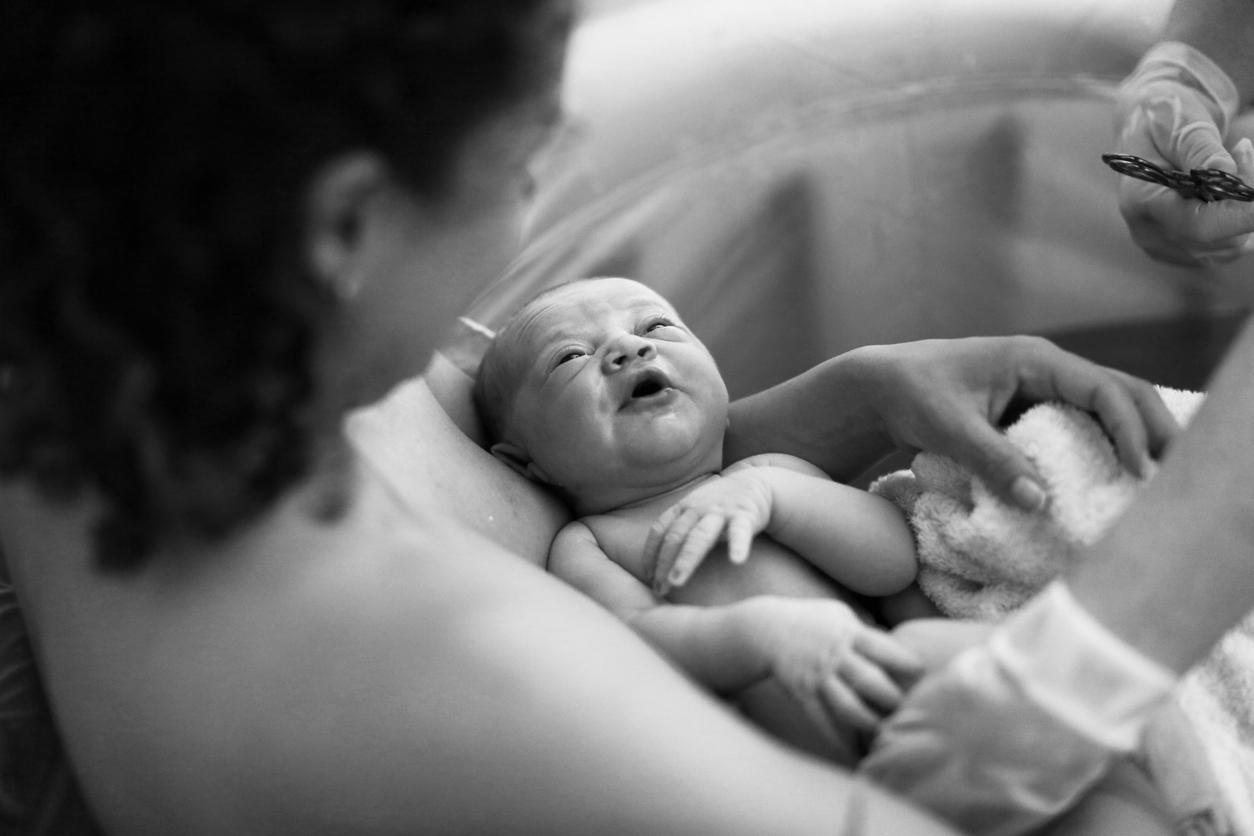Older people should drink more than young people. Why? You can read that here in 8 questions about water.
How much water is in our body?
Very much. More than half of the body consists of water. We consume about 2.5 liters of water a day, of which more than a liter is in the form of drinks and a liter through food. The rest is released when nutrients are burned. Normally, the body maintains the balance – especially via the kidneys – and we also lose 2.5 liters, of which about 1.5 liters through the urine.
What is all that fluid doing in your body?
It is in almost all organs. In addition, blood consists largely of water. The water part of the blood carries substances throughout the body, such as red blood cells with oxygen, cholesterol and glucose. It helps to excrete waste products through the kidneys. Water also plays a role in regulating body temperature. The body loses heat very effectively by evaporating moisture.
How much water should you drink per day?
Water is not necessary. The recommendation is 1.5 liters of fluid per day for adults and 1.7 liters for older people from 70 years. The recommendation for the elderly is higher because they often eat less – and therefore get less fluid from the diet. You can drink the liquid as water, but you can also get it from all kinds of drinks such as coffee, milk, juice, broth.
Is it bad if you drink less?
If you drink less than recommended, the kidneys will try to keep enough fluids in. In some people this works well for the kidneys. In a study, healthy older people were found to consume an average of about two liters of fluid – food and drink together – in a 24-hour period. This is below the recommendations. However, it is suspected that many people experience a water shortage when they drink less than recommended. A lack of water can cause headaches, drowsiness or dizziness.
Would more water than recommended be good?
Possibly, but it has not yet been proven that it helps to prevent complaints. Virtually no research has been done on the amount at which you feel the fittest or happiest. Well known: a training in drinking extra water, one and a half liters a day, helps to train the bladder. It could contain more urine, but the urinary symptoms hardly diminished. The participants in this study also monitored blood pressure, kidney function, and general well-being. They continued to drink the same amount of extra water for half a year. One of the participants said that during the training his migraine had gone away. Reason to test drinking extra water in migraine patients. After three months, 1.5 liters of water per day extra, they reported 21 hours less headache per two weeks than a control group. However, the group was too small to give a definitive answer.
Can you drink too much water?
Yes, in very exceptional cases. After marathon runners lost their lives due to lack of water in the past, they are now offered water in many places on the course. Now some runners drink too much, for example lightweights who run slowly and drink often. This can lead to a shortage of sodium (salt) in the blood, which is life-threatening. During the 2003 Boston Marathon, 6 percent of the people who collapsed were found to have too little sodium in their blood, but 13 percent had too much. And they probably had too little to drink.
Is coffee diuretic?
New. Drinks with caffeine, such as coffee and cola, make many people have to urinate quickly and urgently.
Is bottled water better than tap water?
New. The quality and taste of packaged water from the supermarket is comparable to Dutch tap water. But tap water is 150 times cheaper, and because it doesn’t need to be packaged and moved, 30 times more environmentally friendly than packaged water. When you travel in countries where the hygiene of the tap water is not guaranteed, bottled water is healthier.
Sources):
- Plus Magazine











